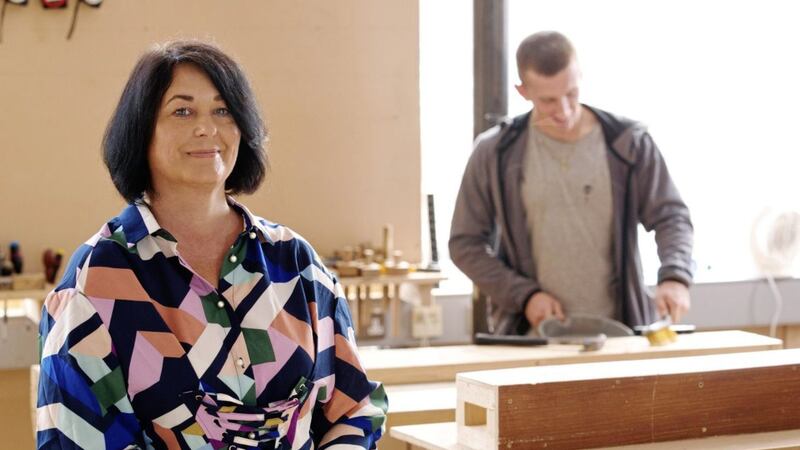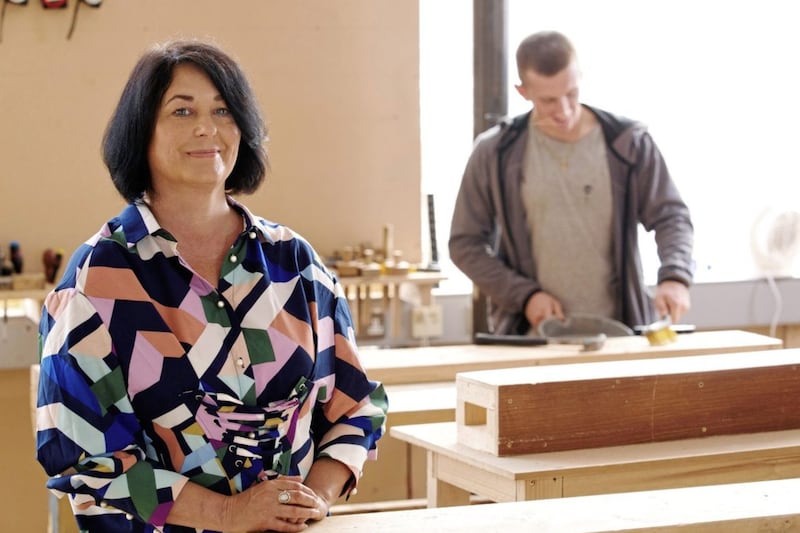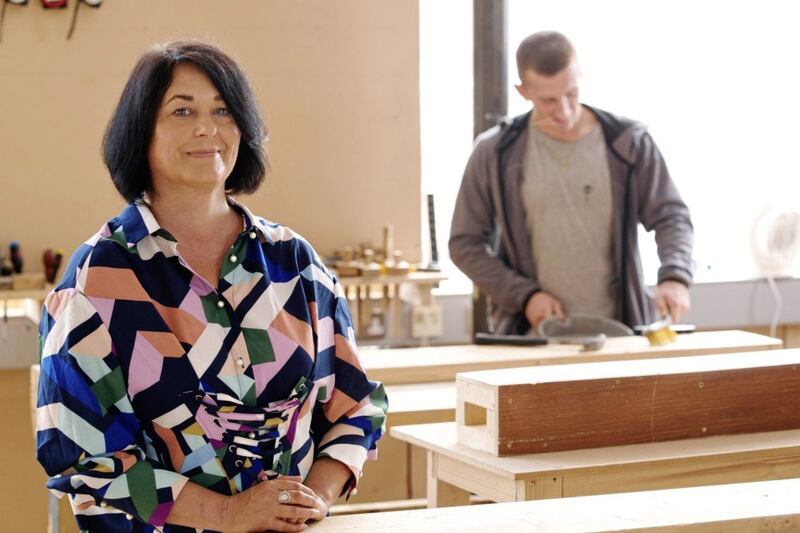IF we are to take any lessons from the Covid pandemic, one must surely be that we can do business in a more compassionate and empathic way.
That some businesses are acting in a more socially conscious manner in respect to areas such as sustainability and equality is good. But I would argue that we can and must do better, particularly in relation to inclusivity.
Business leaders, whether multi-national plcs or local sole traders, have a responsibility to provide opportunities for those young people who, for a myriad of reasons beyond their control, are marginalised from society. There are tangible benefits to business and to wider society in meeting these responsibilities.
Around 30 per cent of Northern Ireland’s young people leave school with low qualifications and lack of basic employability skills. A percentage of this number are excluded from society, lacking not just technical skills but also the soft skills required to be self-reliant. They are predicated to become NEETs (Not in Education, Employment or Training) at an enormous cost to themselves, the welfare system and often the justice and health systems.
Yet, with the right training, approach and opportunity, they have an excellent possibility of making their own destiny and of making a valuable contribution to society.
Our work involves building the skills and decision-making capabilities that lead to self-respect, dignity and self-esteem for the young people who come through our doors. Just as importantly, it involves demonstrating to government that funding the technical skills element without giving consideration to teaching the soft skills is a false economy.
Some of the 15-, 16- and 17-year-olds who we train have had an extremely limited social experience which gives them a different perspective to that of the majority of their peers. Perhaps their parents and grandparents have never worked so they have no concept of what it is to get up and get dressed to go to a job each day.
It may be that no one in the household understood the value of school and so they too didn’t see it, meaning their experience of being part of the education system was a poor one and so they are not equipped to learn technical skills at a large college. They do not understand the value of earning a wage.
But, by working with these young people in small groups, by hand-holding them through the training process, whether that is helping them choose appropriate clothing for an interview or going with them to purchase a bus pass and teaching how to interact with others, we can build their capacity to look at things differently and prepare them for working life.
The next piece in the jigsaw for the young people who train with us is to find an apprenticeship with an employer who is, quite frankly, willing to take a chance on them. For those socially conscious employers who do, there are benefits to be had.
The young people who come through BCT tend to stay with employers on completion of their apprenticeship. This loyalty, coupled with increased productivity for many businesses, particularly in the construction sector is very valuable. What we need is for more business leaders and owners to live the values of inclusivity.
:: Fiona Bailie is managing director of BCT NI CIC, working to provide bespoke training, mentoring and support for young people.The firm works closely with each trainee, enabling them to access apprenticeship and employment opportunities with local employers.



